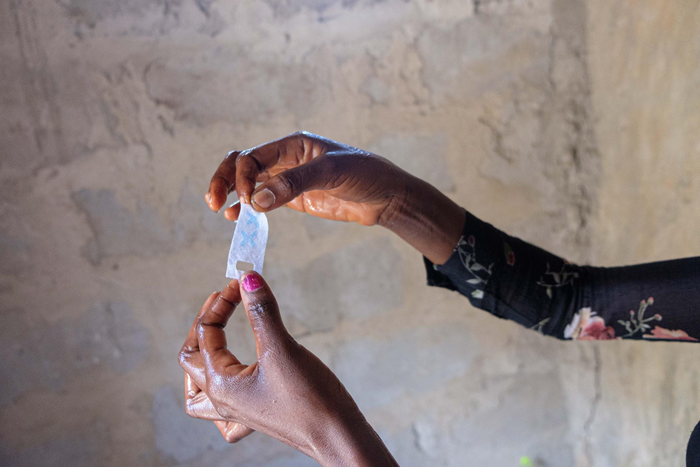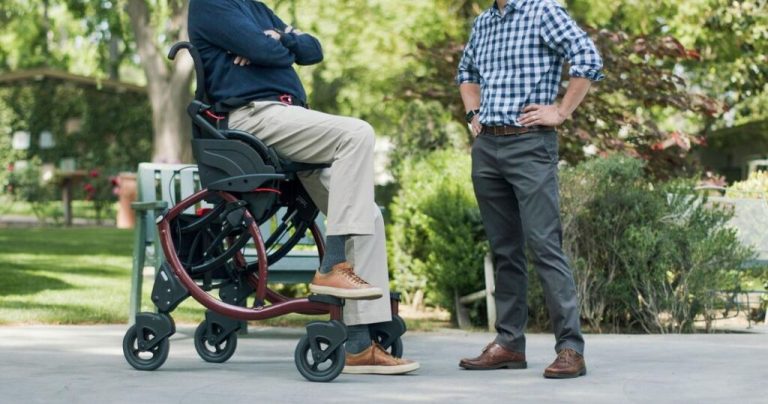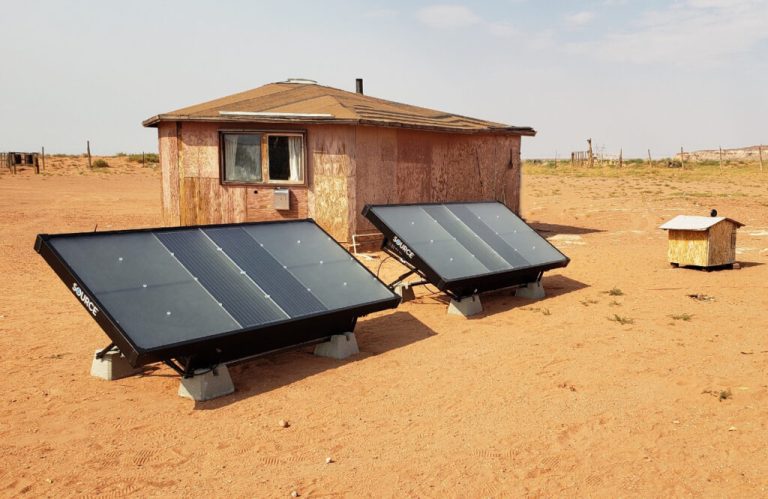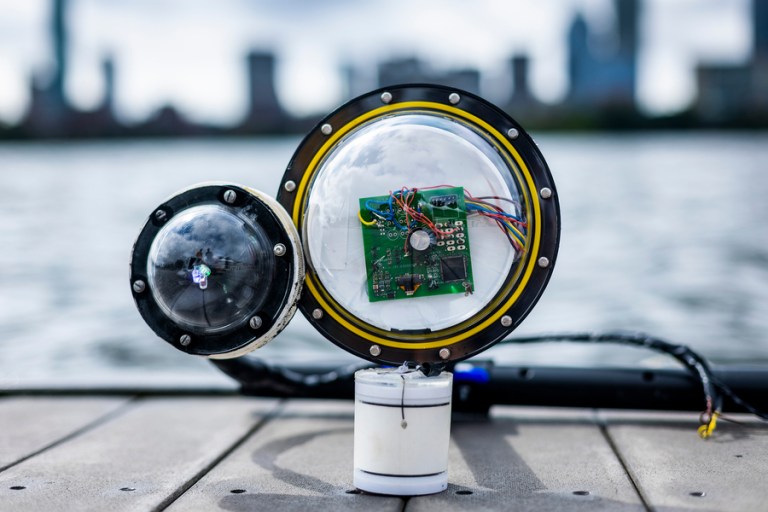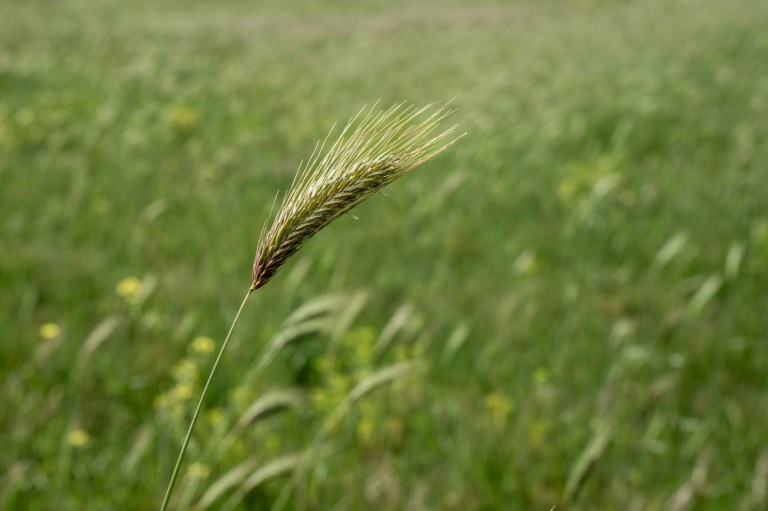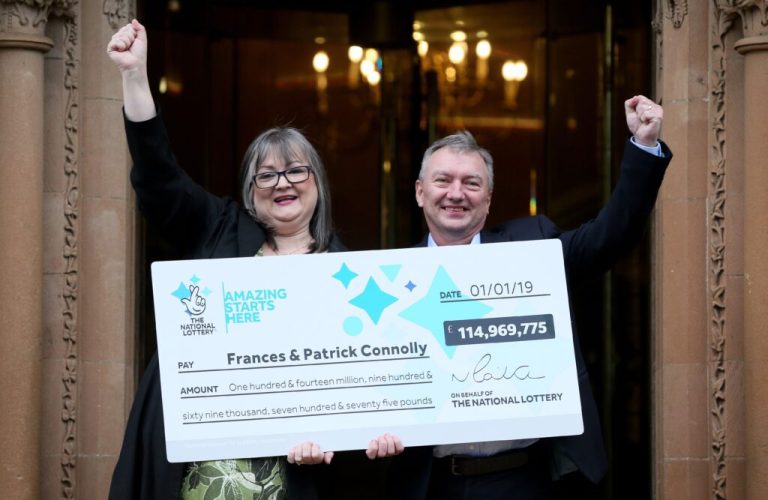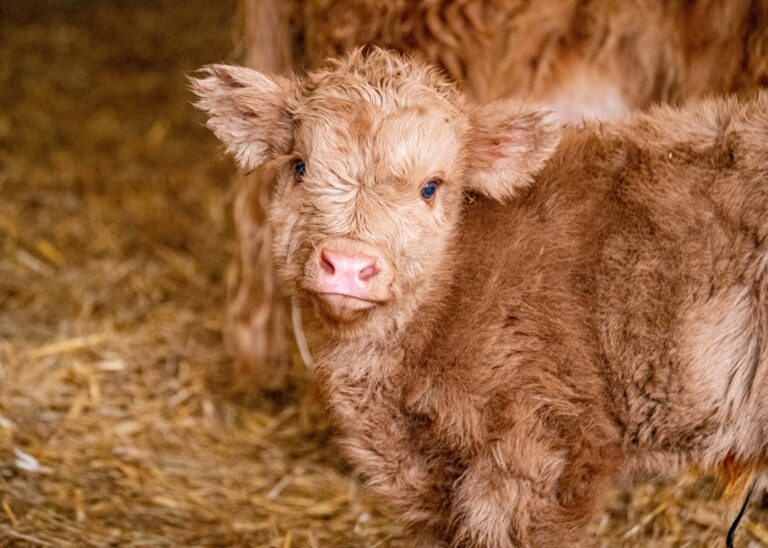If there is one beneficial habit the COVID-19 pandemic helped reinforce for many of us, it’s hand-washing. The practice is critical when it comes to staying healthy: An estimated 1 million deaths could be prevented annually if everyone regularly washed their hands. Unfortunately, in some under-resourced areas where soap and water aren’t as easily accessible, residents don’t always do so consistently. A team of U.K. researchers has set out to address that issue, though, developing an affordable “tab soap” that could make hand-washing more feasible around the globe.
The biodegradable, single-use product consists of tear-off tabs of soap that come in either a roll or a “tear-and-share” version that can be mounted in public areas. When water is added to the small cloth, a sudsy lather is created. Made with an absorbent, bamboo-based textile, the tabs can be tossed into pit latrines without creating excess waste.
Thus far, the soap has been tested in rural and urban-adjacent parts of Tanzania, challenging settings because they have “few ecological, economic, or technological resources,” as well as “a lack of behavioral compliance despite widespread awareness of the need for hand-washing with soap,” the researchers wrote in a study of the pilot.
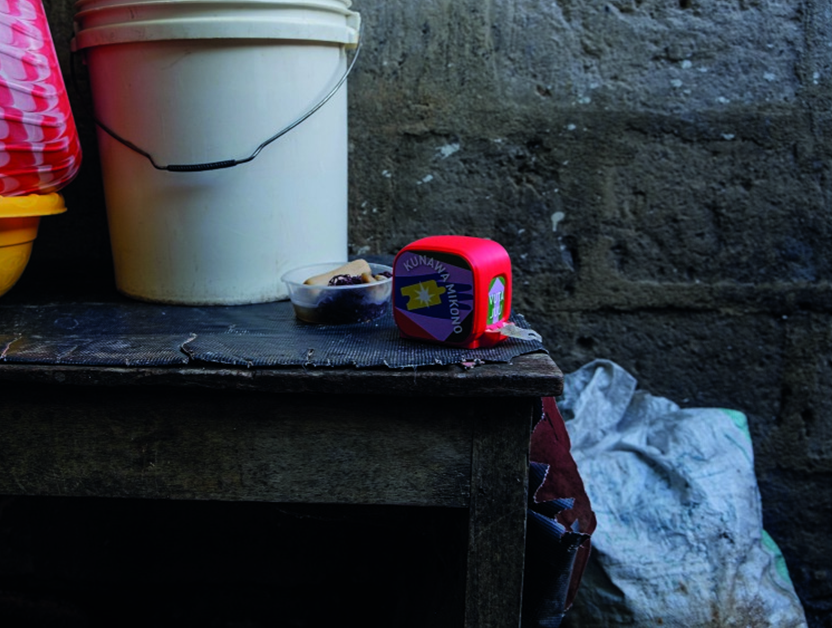
Indeed, a 2020 study determined that only 13% of households in a typical small town in Tanzania had a hand-washing station present, while a 2016 study found that only 7% of households nationally had a fixed place to wash with soap and water.
The team engaged directly with residents to understand their motivations and behaviors around hand-washing, using that information to develop their soap. All of the households chosen to pilot the product had no private or piped on-site water connection, and each had at least one child under the age of 5 and at least one child over the age of 5.
“Our research confirmed high knowledge and awareness of hand-washing even in remote areas. However, several barriers hindered actual hand-washing practice,” study co-author Weston Baxter told Interesting Engineering. He noted that soap had to serve several purposes in one household (including bathing, laundry, and dishwashing), was not often conveniently located, and residents feared cross-contamination when sharing it with others after bathroom visits.

Baxter and his colleagues presented each household in the pilot with five soap product prototypes to try and rank. “Tab soap was clearly seen as the most modern and equally seen to be useful for hand-washing,” the authors wrote.
“Everyone could get access to soap and water, and all have been taught the importance and method of washing their hands,” Baxter elaborated to IE. “Our focus was redesigning soap itself to encourage hand-washing with soap.”
He added that “the soap incorporates several behavioral insights to create a meaningful interaction,” and noted that it’s “made only for hand-washing, so it clearly connotes the desired behavior and cannot be easily used for anything else.”
His team’s research included insight on how the product could be marketed and sold, emphasizing that it would be targeted at low-income residents who are susceptible to contracting cholera.
Their next steps? “We want to partner with organizations to trial the production, distribution, and repeated purchase of the product at a larger scale,” Baxter said. “When linked to a successful business model, tab soap could be a clear public health success with an associated sustainable financial model.”
